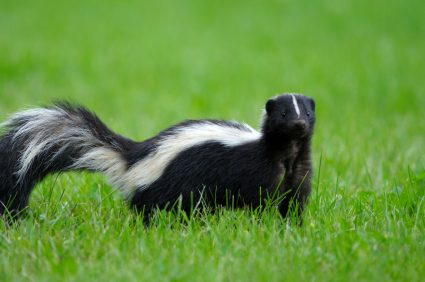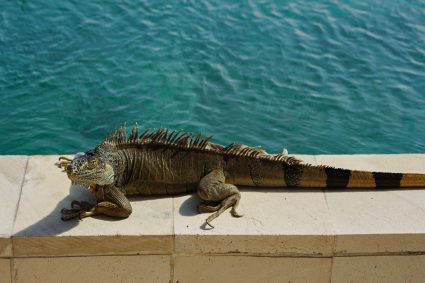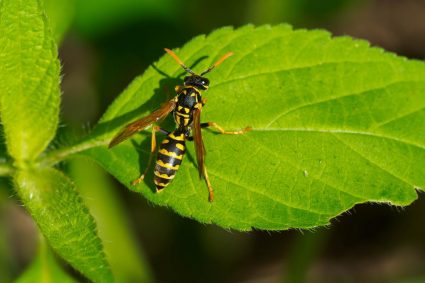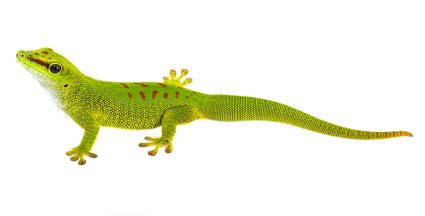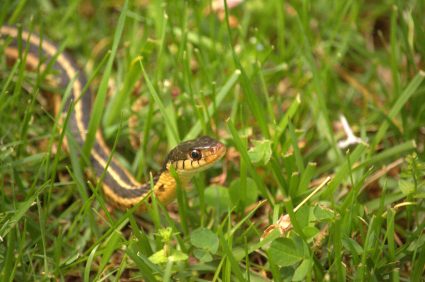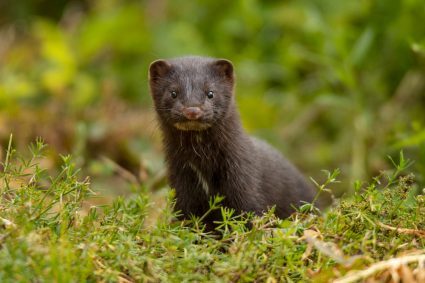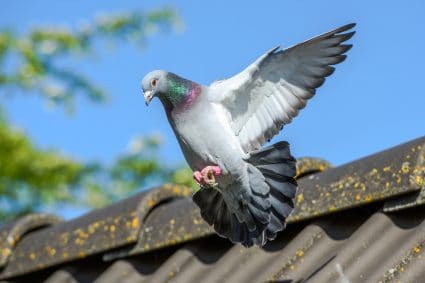
Geese, while beautiful and interesting creatures, can become a nuisance when they choose to nest on your property. They can damage your landscape, leave behind a mess, and can even become aggressive. If you’re facing this problem, you’re likely looking for effective ways to deter geese from nesting. In this comprehensive guide, we’ll explore various methods to make your property less appealing to geese, from landscaping modifications to the use of repellents and deterrents.
To deter geese from nesting on your property, make the area less appealing by allowing grass to grow longer, creating natural barriers with dense vegetation, and installing fences. Avoid feeding geese and remove food sources. Use repellents and deterrents, such as liquid bird repellents, visual scare products, and auditory deterrents. If geese persist, seek professional help. Always respect local wildlife regulations.
Understanding Geese Nesting Habits
Before we delve into the methods of deterring geese, it’s important to understand why geese choose specific locations for nesting. Geese prefer areas near water, with good visibility and some concealment, like vegetation along shorelines or under shrubs. Raised spots like muskrat mounds or beaver dams are also favorites as they offer a better all-round view of any approaching threats. Familiarity plays a role as well, with geese often returning to previous nesting sites each year.
Making Your Property Less Appealing to Geese
One of the most effective ways to deter geese from nesting on your property is to make the area less appealing to them. Here’s how:
1. Modify the Landscape: Geese prefer short grass near open water. By allowing grass to grow longer and coarser, and by reducing or eliminating short grass areas especially those close to open water, you can discourage geese from staying. Using native plants to landscape a barrier around the water’s shoreline can also make it difficult for geese to travel between water and land.
2. Create Natural Barriers: Plant dense tall grass, shrubs, aquatic plants, trees, and bushes to obstruct geese’s view and access to shorelines and grazing areas.
3. Install Fences: A simple wire fence around 2 to 3 feet tall can deter geese by interrupting the path between the water and the food source. Short garden fencing around mulched beds can also deter geese from nesting.
4. Avoid Feeding Geese: Feeding geese will encourage them to stay in the area. Remove any food sources in your yard, such as garbage.
Using Repellents and Deterrents
There are several products and tools available in the market that can help deter geese from nesting.
1. Liquid Bird Repellents: These can be applied to grass and other surfaces to make them less attractive to geese. Products like Bird B Gone’s Avian Migrate™ Goose & Bird Repellent or Liquid Fence Goose Repellent are popular choices.
2. Visual Scare Products: Combine visual deterrents like Flash Tape with taste deterrents like Avian Control repellent spray. Predator decoys like those shaped like dogs, coyotes, floating alligator heads, owls, or swans can also be used to mimic a goose’s natural predators.
3. Auditory Deterrents: Employ noisemakers, air horns, or distress calls to scare geese away. Products like Bird-X’s GOOSEBUSTER sonic goose repellent can be effective.
Seeking Professional Help
If geese become a persistent issue on your property, it may be time to seek professional help. Services like Freedom Wildlife Solutions, Bird Control Group, and Goose Masters can assess your property and develop a customized management plan to effectively and ethically address the situation.
Local Wildlife Regulations
Always remember to respect wildlife and local regulations while managing geese on your property. Geese are a federally protected species, and activities that involve handling, damaging, or destroying geese nests or eggs require permits.
In conclusion, deterring geese from nesting on your property involves a combination of making your property less appealing, using repellents and deterrents, and seeking professional help if necessary. By implementing these strategies, you can effectively manage geese populations and enjoy a goose-free property.
Frequently Asked Questions
What time of the year do geese usually nest?
Geese typically nest during the spring, starting as early as February and continuing through late June.
What should I do if I find a goose nest on my property?
If you find a goose nest on your property, it’s important to not disturb it. As mentioned in the blog post, geese are a federally protected species. If the nest is causing a significant problem, contact a professional wildlife control service to handle the situation.
Do repellents and deterrents harm geese in any way?
Repellents and deterrents are designed to make an area unappealing to geese, not to harm them. Products like Bird B Gone’s Avian Migrate™ Goose & Bird Repellent and Liquid Fence Goose Repellent are non-toxic and safe for geese, pets, and humans.
How long does it take for geese to abandon a nesting site once deterrents are implemented?
The time it takes for geese to abandon a nesting site can vary depending on the method used and the persistence of the geese. It could take a few days to a few weeks. Consistency in applying deterrent methods is key to success.
Can I use a dog to deter geese from nesting on my property?
Yes, dogs can be an effective deterrent against geese. Geese see dogs as predators and may decide to nest elsewhere if they perceive a threat. However, it’s important to ensure your dog’s safety and to not allow it to harm the geese.


